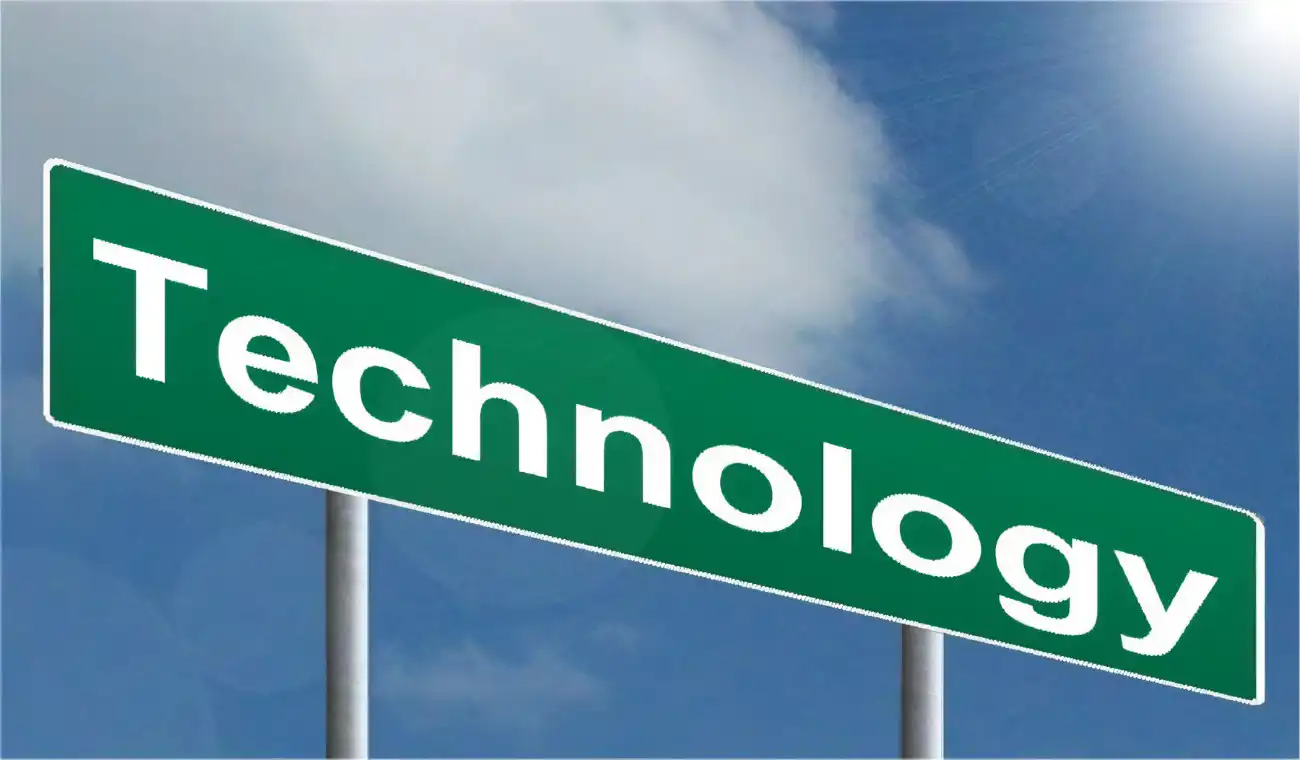Apple Inc., the American multinational technology company, recently experienced a significant victory in court. The U.S Appeals Court decided to postpone an impending ban on several Apple products, including specific models of iPhones and the Apple Watch. This decision occurred amidst an ongoing legal wrangle between Apple and Masimo Corp, another tech giant.
The basis for the dispute began when Masimo Corp accused Apple Inc. of patent infringement. This alleged violation related to the healthcare monitoring features present in the contested iPhone models and the Apple Watch. Masimo Corp argued that these features trespassed on their patents, leading to the initial ruling favoring a ban on specific Apple Inc products.
However, Apple decided to challenge this ruling in the U.S Appeals Court. They argued convincingly that a potential ban would significantly harm the company's interests. Apple stated that an untimely prohibition on any of its products would undermine its competitive edge and cripple its market presence. The appeal was a crucial move by Apple to protect its business prospect and product circulation.

They were successful in their appeal and the court suspended the ban. This verdict comes as temporary relief for Apple as it enables them to continue imports of its flagship devices. Nevertheless, this relief may be fleeting as the court did not dismiss the allegations of patent infringement, merely delaying its outcome.
The primary injunction that the District Court issued against Apple was due to its supposed violation of Masimo Corp's patents. Technological advancements have significantly reshaped the healthcare sphere in recent years, leading to intense competition within the industry. This emergence has increased patent disputes as companies scramble to protect their innovations and market share.
Healthcare monitoring features are a rapidly expanding sector within the tech industry. These features predominantly pertain to the measurement of health metrics like heart rate, blood oxygen levels, and sleep patterns. More companies are innovating, claiming ownership on unique methods of retrieving and presenting these metrics.
One such company doing this is Masimo Corp. They have already established several patented healthcare monitoring features which they assert Apple has infringed upon. The American electronics firm alleged that Apple’s health tracking features illegally used their technology and pushed for the U.S. International Trade Commission to impose an import ban on the violating devices.
Initially, the District Court ruled in favor of Masimo, granting the injunction against Apple. This decision would cause a considerable setback for Apple Inc’s business continuity if it persisted since the majority of their products utilize these health monitoring components. The banned products reportedly would include some models of Apple's iPhone 11 and Apple Watch Series 6.
In the face of this judicial adversity, Apple Inc chose to combat the decision. They expressed strong disagreements with the Masimo Corp’s allegations and emphasized the potential ramifications to their business if the import ban was imposed. The tech giant sought to challenge the allegations in higher courts.
They argued their case to the U.S Appeals Court and articulated the detrimental impact an import ban would have on their company. Apple pointed to the potential harm to its competitive edge in a highly contested field, the potential reduction of their market share and disruption to their global supply chain should their products be hit with the ban.
Fortuitously for Apple, the Appeals Court found their argument compelling enough to grant a stay on the imposed import ban. Apple's plea for the postponement was accepted, allowing for the continued import and distribution of certain Apple iPhone and Apple Watch models. This decision provides Apple a temporary respite from the dire business implications that would have resulted from the ban.
However, it's crucial to note that this is not a verdict on the infringement allegations but merely a pause. The court has elected to delay the ban order to evaluate the case further, implying the potential of the ban being reinstated. The case's final conclusion remains to be seen as the allegations of patent infringement persist and have not been quashed.
The ruling has undoubtedly awarded temporary relief to Apple, but the dispute is far from over. The continual battles over patent rights further illustrate the intense rivalry within the tech industry. These battles focus on the creation, protection, and infringement of innovative technologies, particularly the rapidly growing healthcare monitoring sector.
The crux of the contention between Apple and Masimo is part of a broader issue prevalent in the technology industry. As technological innovations in the field of healthcare, transform the industry, companies are eager to protect their proprietary technologies and maintain an edge over their competitors. This scenario often leads to high-stakes patent wars, such as the one currently witnessed between Apple and Masimo Corp.
The implications of this ongoing legal saga are essential for shaping the tech industry's landscape. Product bans could severely impact a company's prospects, particularly those, like Apple, with a significant market presence and global supply chains. Stakes are high in these patent wars, leading to aggressive defensive strategies against such allegations.
This event is a significant development in Apple's ongoing battles. Although the ban on their product importation has been temporarily suspended, the case and its complications persist. Until the full hearing and resolution of the patent infringement allegations, Apple is precariously placed within the dispute's framework.
Finally, this case sets an interesting precedent for similar conflicts between tech giants in the future. The tension drawn from the Apple-Masimo conflict throws a spotlight on the risk and challenges that tech companies confront in protecting their product offerings. It is indicative of turbulent times in the technology world where the value of innovation is immense, and the resulting conflicts high-stake.